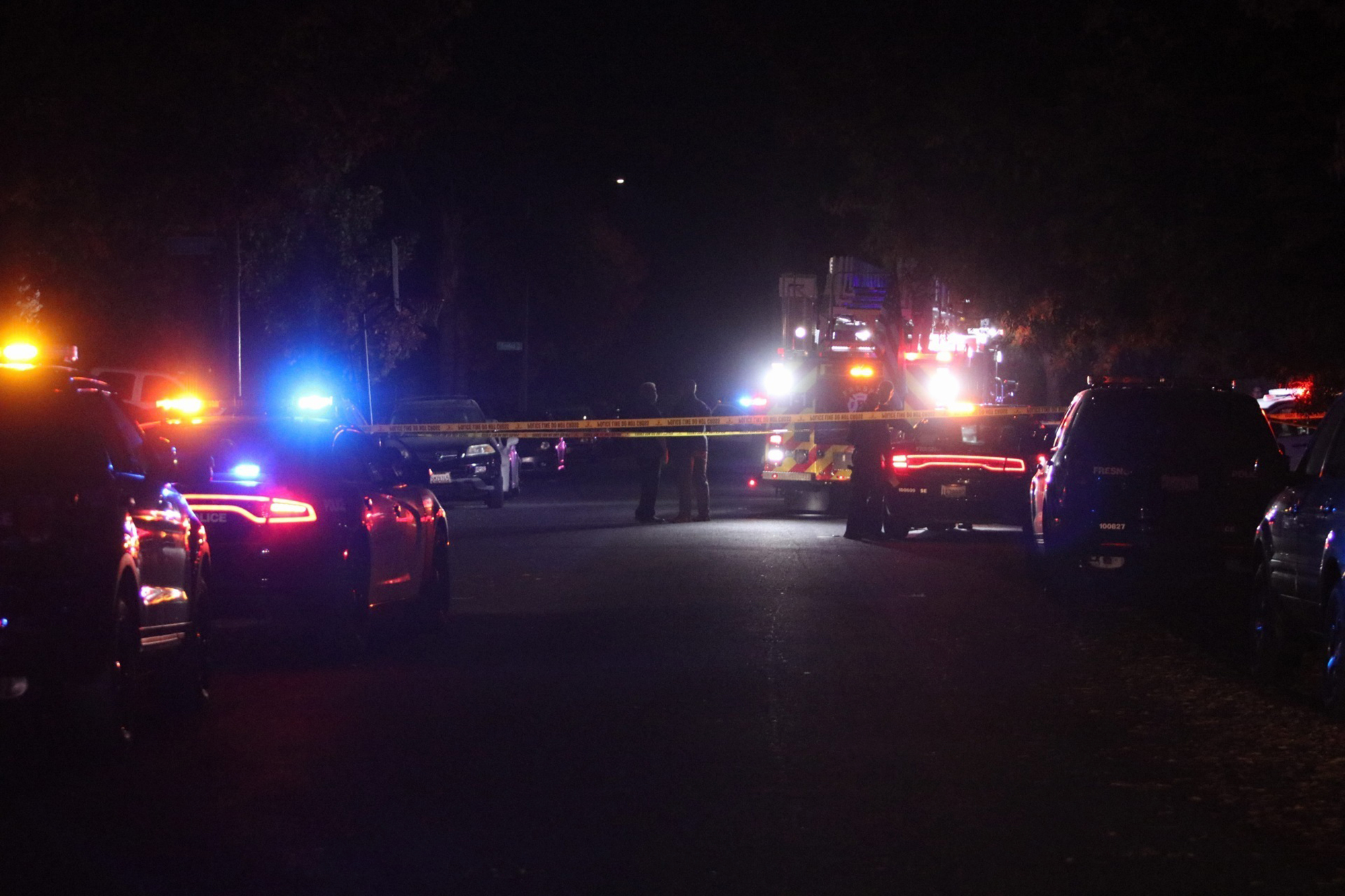What To Know Today
NEW from THE TRACE: Why gunmakers might be nervous about a 22-year-old lawsuit. In 1999, the city of Gary brought a lawsuit against a bevy of gunmakers, alleging that industry defendants’ general distribution and marketing practices led to a violation of Indiana’s public nuisance law. While dozens of similar legal efforts against the gun industry have failed, the case in Indiana is one of just two to proceed to discovery. And as Champe Barton reports, a judge will decide in September whether the defendants in this case (firearm manufacturers including Glock, Smith & Wesson, and Beretta) have to comply with a request to make public a quarter-century’s worth of market research, internal communications, and evidence of any efforts to stymie gun trafficking. “It would be the most copious amount of information on the gun industry for the past 25 years,” said Jody Madeira, a law professor who has followed the Gary case closely. You can read the story here.
Mental health professionals, paramedics to start fielding some 911 calls in Chicago instead of police. Pilot programs beginning in the coming months will send mental health clinicians and emergency responders to behavioral health calls, and recovery specialists and paramedics to substance abuse calls. City officials say it’s a step beyond the city’s crisis intervention training incorporated after the police killings of Laquan McDonand and Quintonio LeGrier, who were both in mental health crises when they were shot. Chicago Police Superintendent David Brown said officers responded to 41,000 of these kinds of calls in 2019.. “The only options now are the ER or the lockup,” an adviser to Mayor Lori Lightfoot told The Chicago Sun-Times. Chicago is the latest major city to experiment with alternative programs to remove officers from crisis calls.
Two years later, full video released of Utah officer killing a handcuffed man inside the police department. Sgt. Tyler Longman rushed into the DUI processing room where Michael Chad Breinholt was being detained in August 2019. “You’re about to die, my friend,” Longman said before pulling his trigger within six seconds of entering the room. An investigation by The Salt Lake Tribune and FRONTLINE zeroes in on a pattern: While most officers never fire their guns, Longman is one of 38 Utah officers who have shot more than one person since 2004. Breinholt was Longman’s third on-duty killing. The reporters found that 37 percent of these officers shot another person in the next year, while 76 percent fired again within five.
The Interior Department launches probe studying U.S. Park Police use of force. Secretary Deb Haaland initiated the review, citing the Park Police’s involvement in dispersing protesters ahead of former President Donald Trump’s photo op in front of a D.C. church. Haaland appointed Robert D. MacLean, now director of the Interior’s Office of Law Enforcement and Security to lead the effort. During his previous tenure as park police chief, MacLean would not discuss or release information about a case where two of his officers shot and killed an unarmed driver in 2017. The two officers, indicted for manslaughter, remain on the force, as their case moves through federal court.
Don’t miss: A Philadelphia “teach-in” series on gun violence, public health, and the role of the media. At 11 a.m. EST today, a virtual panel of researchers and community advocates will convene for “Gun Violence: A Public Health Crisis in Philadelphia,” hosted by the Community College of Philadelphia. The panel comes as the city faces the highest midyear homicide count in six decades. Our related Philadelphia project: Up the Block, led by The Trace’s Sabrina Iglesias, is a resource hub that connects survivors and their families with resources for therapy, employment, transitional housing, victims compensation, domestic violence, post-incarceration, and more.
Data Points
76 percent — the share of Democratic voters who identified “too many guns on our streets” as a major reason for the increase of violent crime in the U.S. in a recent poll, compared to 29 percent of Republicans and 47 percent of independents. [Morning Consult]
74 percent — the share of Republican voters who identified calls to “defund the police” as the leading contributor in the same poll, compared to 29 percent of Democrats and 46 percent of independents. [Morning Consult]

